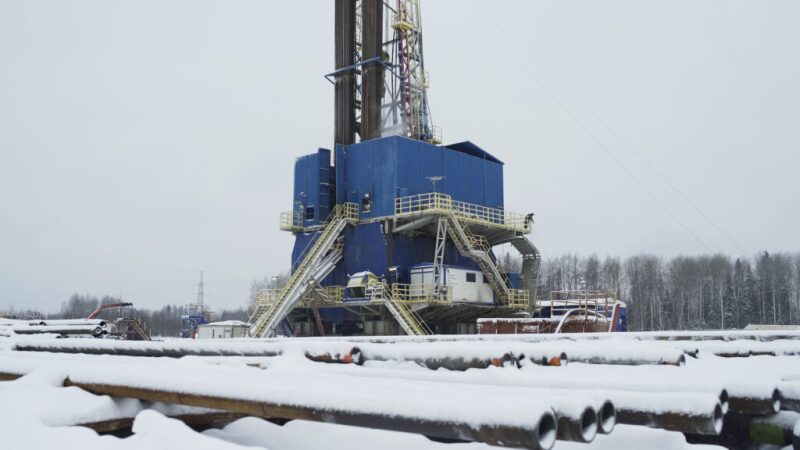Pittsburgh-based EQT Corporation announced this week that it is buying Chevron’s properties in the gas-rich Appalachian Basin for $735 million.
The deal is inclusive of 350,000 net acres, midstream facilities, and about 550 wells. With a current production mix of 450 MMcfe/D (75% dry gas, 25% liquids), the sale is expected to boost EQT’s total output by 10% upon closing which is slated to take place before year end.
EQT said the deal, which includes nearly 120,000 acres in the Marcellus Shale, will be partially financed with cash and credit but the firm has also announced a new equity offering to raise additional funds.
“This acquisition is a natural bolt-on extension of EQT's dominant position in the core of the southwest Marcellus and supplements our already impressive asset base,” said Toby Rice, president and CEO of EQT, in a press release. He added, “Our unique knowledge of these assets, coupled with our superior operating model, puts these assets in the right hands to maximize the embedded value.”
The acreage, split between Pennsylvania and West Virginia, holds around 100 “work-in-progress” wells that are in various stages of development. EQT will also take over a 31% ownership stake in the Laurel Mountain Midstream unit that is operated by Tulsa-based midstream firm Williams Companies.
EQT highlighted that in addition to already operating portions of the acquired assets, the asset’s existing “digital work environment provides easy integration.”
In the third quarter of this year, EQT reported a sales volume of 4 Bcfe/D at an average price of $2.33, which it said was a $0.25 premium over futures market pricing. Over this period, the firm said it shut-in 15 Bcf of total production.
Analysts have noted that EQT’s profile is so large that its production curtailments alone can drive regional gas prices higher.
In December of last year, Chevron announced its plans to conduct an asset sale after it posted an $8.17-billion writedown of several assets. At the time of the devaluing, Chevron said about 50% of the recorded losses involved its Appalachian assets where it also planned to slow future investments.


